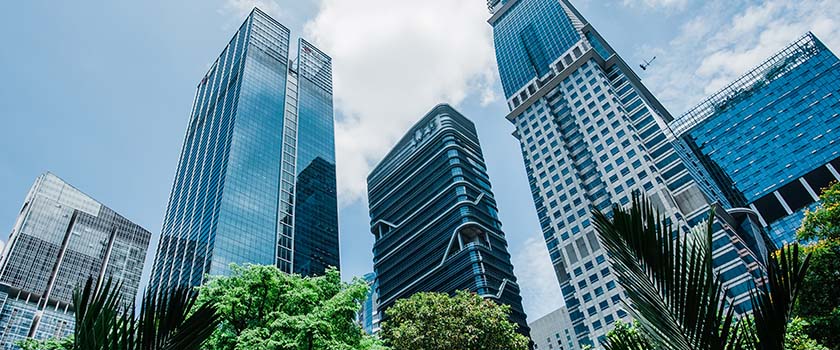UBP interviewed Corticeira Amorim’s Chairman António Rios de Amorim to learn more about how the world’s largest cork products company views its role as a ‘fixer’ in the world’s battle against climate change.
Cork is a highly attractive sustainable material and with a growing focus on the circular economy, demand for Amorim’s products looks strong. A cork tree will live up to 200 years and provide 15–20 harvests. Cork forests also provide a natural barrier against forest fires (unlike some other cultivated forests such as eucalyptus). This makes Corticeira Amorim’s activities a good example of positive impact.
When you began your research into the environmental footprint of cork products ten years ago, was it difficult to persuade your stakeholders of the merits of this? How has the attitude evolved?
Since we commissioned the first studies into cork oak forests (Montado) in 2008, the perception of the importance of sustainability has changed dramatically. Rather than seeing these studies as “mere theoretical exercises”, our stakeholders today understand the importance of having a powerful tool of communication at their disposal and of having information on the environmental impacts of different products to make informed decisions. We also believe that these studies are of the utmost importance for the decarbonisation of the wine industry. For example, our Neutrocork, a stopper that only weighs 6 grams, has a carbon balance of -392g CO2 eq (taking into account the sequestration of carbon by cork oak forests). No employee, customer, supplier or shareholder is indifferent to the conclusions of these studies or of their importance to the cork industry.
Have the sustainability and negative carbon footprint characteristics of cork helped you to compete against alternative materials? Do you expect this to increase in the future?
Low-impact renewable materials have unquestionable competitive advantages and, in my view, their importance will grow as we move towards a more sustainable world. Having a greener planet implies not consuming products that damage the environment and investing in resources that sequester carbon – cork guarantees both. Why would you choose a plastic closure if you can use a cork stopper, which is natural, renewable, recyclable and produced with 10 times less CO2 emissions1? Growing awareness among companies and customers of the importance of consuming, producing and selling products that help mitigate the impacts of climate change and foster an industrial transition to a low-carbon economy should support further gains in cork’s market share compared with alternative materials.
Are your impact and sustainability initiatives well understood within the international investor community? Do you feel that the growing focus on sustainability among institutional investors has helped align the priorities of the investment community with those of corporates?
The number of institutional investors that monitor and scrutinise our sustainability story has increased significantly since we published our first Sustainability Report on our full-year performance in 2006 and, although it’s difficult to generalise, I believe most of them have a good understanding of our initiatives and ESG strategy. Regardless of their investment approach, sustainability should encourage asset management companies to make investment decisions based on a long-term vision that takes the well-being of future generations into account. Rather than considerations of short-term profits, sustainability should encompass a larger framework that will unquestionably align the interests of all our shareholders.
Has engagement with the investment teams helped to shape company strategy?
Direct engagement with stakeholders is absolutely critical for us. I believe this not only contributes greatly to increasing investors’ understanding of our culture and strategy, but also helps us to understand how we are perceived by our stakeholders and what their concerns and expectations are. Having constructive discussions with institutional investors is also, in my view, a unique opportunity for identifying potential areas for improvement and for increasing transparency and engagement. Finally, their insights, knowledge and skills can be of great help in anticipating and detecting new ESG trends and ensuring that we respond to them faster.
This interview is an extract from the original piece published in UBP’s 2020 Impact Report.








